A perfect summer day out - 10 June 2017
I strolled on to the site of the first Ripley Grape and Grain festival at about 10am on a glorious summer morning, unaware of the delights In store. Having only become aware of the festival via my Twitter feed (@carrie_cot) I'd planned to attend specifically to hear presentations from local English Sparkling Wine producers Greyfriars and Albury Organic and attend a tasting or two - but I was regaled by a plethora of brightly coloured stands, gazebos and tents filled with local produce from artisan brewers, bakers, butchers, ice-cream makers, distillers, organic veg, sweets, street food... and almost every kind of English epicurean treat I could imagine.
So... where to begin? A late breakfast, perhaps? Drawn by the irresistible aroma of sizzling sausages I followed my nose, only to be side-tracked when I spied the familiar "G" of Greyfriars Vineyard: I simply had to go to say hi And of course I wasn't going to turn down an invitation to taste their award-winning English Sparkling wines and get the latest on their new 'cave' and tasting venue - of which more later.
My personal highlights of the festival: -
Not your average Sparkling English Rosé...
Tasting: SPARKLING ROSÉ from PEWLEY DOWN VINEYARD GU1
Pewley Down Vineyard has only one acre - and produces only one wine - but it is a fine exemplar of English Sparkling Wine. Ripley Grape and Grain 2017 showcased the release of Pewley Down's limited edition of only 2500 bottles. Pewley Down's 2013 harvest of Rondo, early Pinot Noir, Schomberger and Bacchus grapes has been blended to create a luscious vintage sparkling rosé wine, where the ‘traditional method’ secondary fermentation in the bottle after aging on the lees for 18 months before disgorgement, has allowed the wine to develops its unique and distinctive character.
Please note, the vineyard is not open to the public. See website for wine stockists
On developing the exceptional quality of English Wine
Blackdown Ridge Estate - Wines from the highest point on the Sussex Weald
Tasting: PRIMORDIA 2014 CLASSIC CUVÉE from BLACKDOWN RIDGE ESTATE
I spent some time with the lovely Lucinda Colucci of Blackdown Ridge Estate between talks in the big tent. Lucinda manages marketing, having previously assisted vineyard owner Professor Martin Cook in an academic capacity. Lucinda brings a refreshing honesty to the business of marketing the wines, no hard sell, instead enthusiasm and encouragemen, knowledgeable but never patronising.
I was joined for my tasting by John Mobbs of Great British Wine, another of the guest speakers whom, like Mike Wagstaff, I had first met at the UK Wine Hour Live event in January 2017.
First we tried the white Single Estate Bacchus 2013, followed by the red, Single Estate Blend of Rondo and Triomphe D'Alsace from the 2013 harvest. Both are of similar quality to many top English still wines (and are currently on special offer on the website - bargain!)
But the 2014 Primordia Classic Cuvée is really something special. It's complex tasting, beginning with citrus and mellowing to orchard fruit (with the tiniest hint of marmite). Surprisingly one discovered more subtleties and complexities with each taste. John Mobbs has subsequently written a detailed review on his website in which he describes the wine in greater detail. But, put simply, I loved it.
Blackdown Ridge vineyard is a little further away but I will be contacting Lucinda at the earliest opport to arrange a tour and tasting.
Sales, tours and tasting details are on the website:
History - and why there are no short cuts when making Aged Sparkling Wine
"Send Her Victorious, Happy and Glorious"
Tasting: ENGLISH ROSE GIN FROM SILENT POOL
It might have been a little early in the day for a Gin tasting but I was never going to pass up the opportunity to sample the wares of the local Silent Pool Distillery, next-door neighbour of my friends at Albury Organic Vineyard. As well as their gorgeous Gin in its beautiful bottle, the guys from Silent Pool had brought along their special English Rose Gin, made with traditional botanicals and infused with red rose petals after distillation - made especially to commemorate Her Majesty's 90th Birthday. I can only describe it as "happy and glorious" especially when twinned with Fever-Tree Elderflower Tonic. They go together like the Queen and HRH the Duke of Edinburgh - a match made in heaven. Apparently it should be served with cubed fresh pears, too.
Later that day I had planned to return for another tasting after completing my Sparkling Wine education sessions in the big tent - but the stall was mobbed. The queue was even longer than that for the ice cream seller. Plenty of people clearly agreed that an SP G&T was the perfect accompaniment to an afternoon al fresco listening to music. Fortunately the distillery isn't too far from home and is open daily to visitors so I can pop in at another time.
Sales, opening times and further details: silentpooldistillers.com
Biodynamic Wine Production in an Organic Vineyard
There is no video clip yet
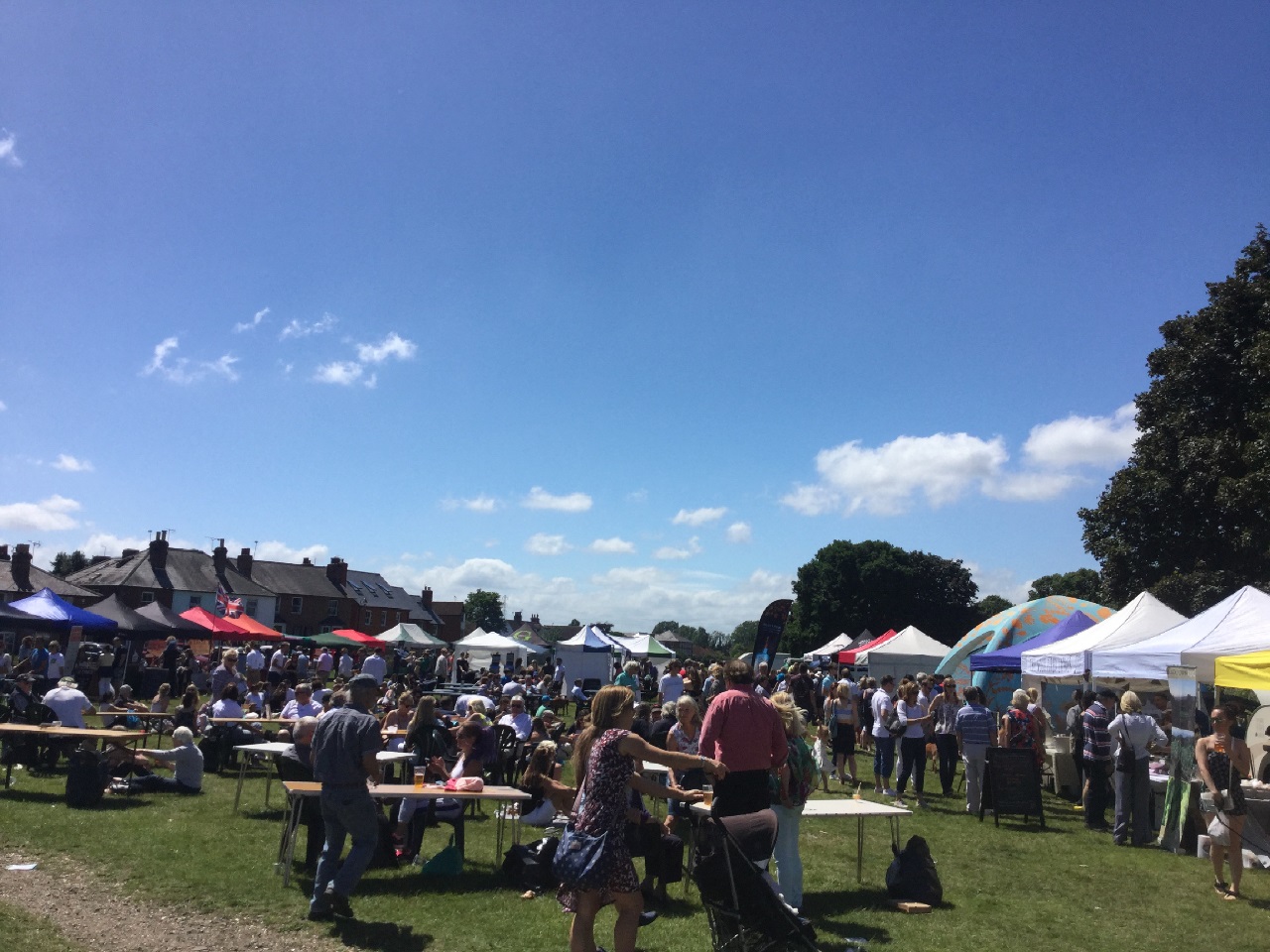

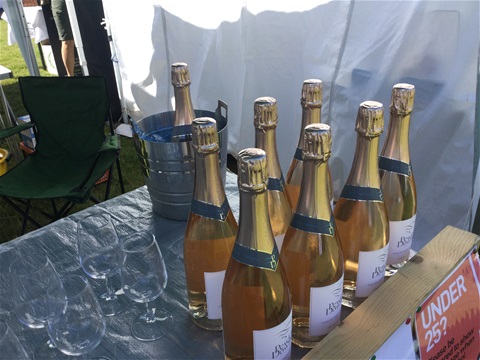
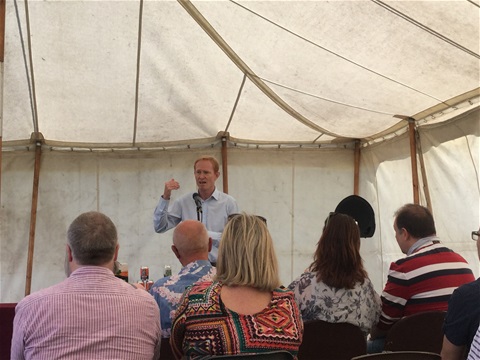
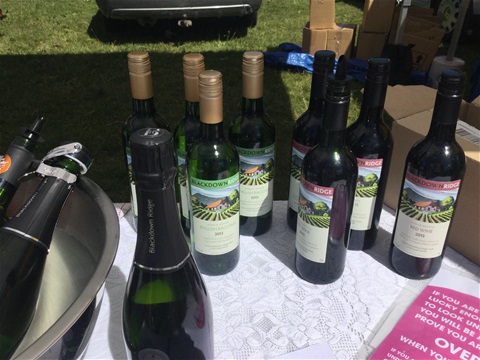
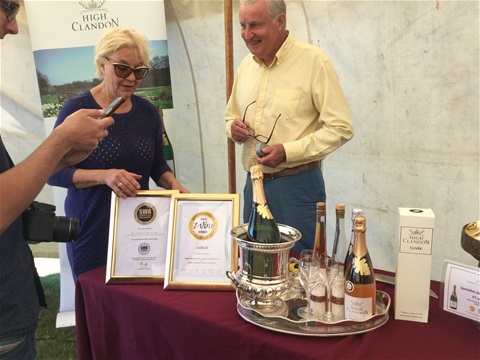
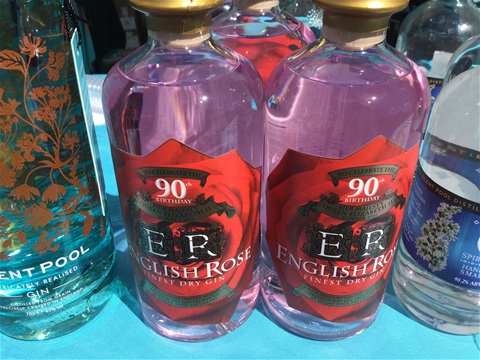
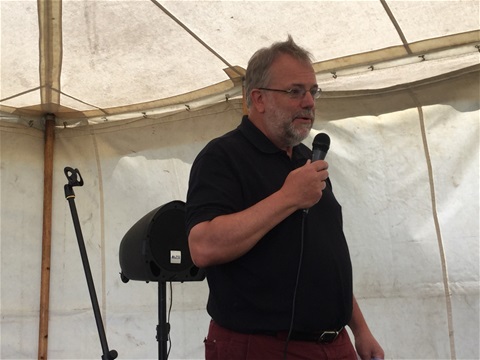
Latest comments
Hi Carrie, am running the Cecchi Challenge on Thursday - I need your address to send the blind tasting samples to. Please can you email it to me?
Shouldn’t you always be giving the supermarkets a miss for wine?!? Also, wine under a tenner from Lebanon that’s worth drinking? Even the nasty product from Majestic does is more than 10.